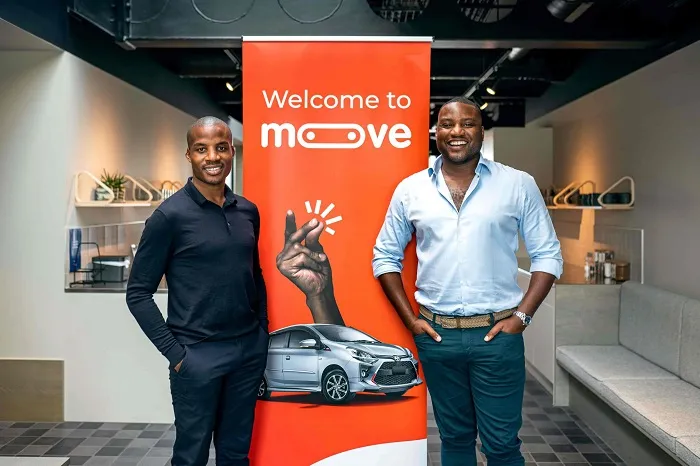After a month-long standoff, Lagos State Government and Uber have finally hammered out an agreement regarding the contentious issue of real-time data sharing.
This dispute arose from the 2020 mandate by the state government, demanding ride-hailing companies to provide real-time access to rider trips and location data through backend API integration.
Uber, one of the major players in the ride-hailing industry, initially resisted the government’s request, citing concerns about surveillance and privacy. They argued that they were already sharing the necessary data on a daily basis with the government.
However, Bolt, another ride-sharing platform, agreed to comply with the mandate.
In addition to the data-sharing disagreement, Uber also highlighted the financial burden imposed by the government’s regulatory obligations. They pointed out that they already pay an annual licence fee of ₦25 million and a per-trip road improvement levy of ₦20.
In response to Uber’s resistance, the Lagos State Government took a firm stance by impounding cars confirmed to be operated by Uber drivers.
This move was aimed at pressuring Uber to comply with the data-sharing requirement. Despite this action, Uber expressed its commitment to resolving the issues promptly and collaboratively with the government.
Olasunkanmi Ojowuro, the Lagos State Director of Transport Operations, confirmed that a resolution had been reached between the state government and Uber. He stated that both parties had made concessions to reach a compromise.
Regarding the impounded Uber vehicles, Ojowuro clarified that they were released back to their respective owners after three days on “compassionate grounds.”
As of now, Uber has not issued any official statement regarding the recent developments. Meanwhile, amidst the resolution of the data-sharing dispute and the ongoing challenges posed by inflation, drivers are urging Uber to lower its commission rate of 25% to improve their earnings.
Ibrahim Ayoade, the general secretary of the App-Based Transporters of Nigeria (AUATON), believes that fare cuts are contributing to delays in getting rides, further emphasising the complex dynamics within the ride-hailing industry in Lagos.




